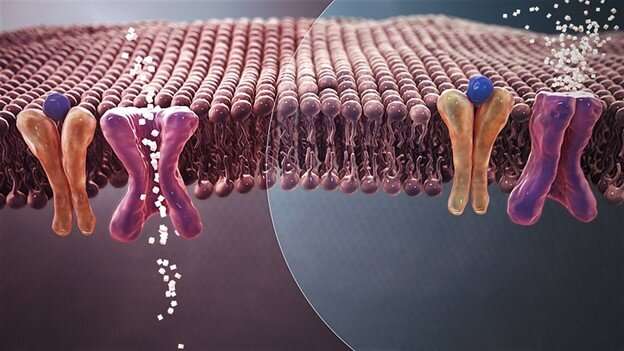Nanomaterial could enhance diabetes treatment

Conventional treatments for diabetes can increase the risk of neurological problems, an under-researched side effect. Scientists based at The Ohio State University developed a nanomaterial that binds insulin to a group of amino acids that includes antioxidants.
The nanomaterial improved glucose consumption, leading to better brain function. When compared to mice treated with insulin alone, mice treated with the nanomaterial had improved glucose control and cognition outcomes. The researchers published their findings in Biomaterials.
"We found in mice that our molecule and insulin combined was better than each treatment alone in reversing diabetes-related problems, and produced dramatically improved cognitive performance compared to all other groups," said Ouliana Ziouzenkova, senior author of the study.
The beneficial results could be caused by the nanomaterials' effect on how the body metabolizes glucose. "Our concept provided a balanced metabolic effect involving a unique pathway that is induced by this supramolecular complex," Ziouzenkova noted.
The amino acid-based nanomaterial could be adapted for other neurological and metabolic disorders.
More information:
Aejin Lee et al, Amino acid-based compound activates atypical PKC and leptin receptor pathways to improve glycemia and anxiety like behavior in diabetic mice, Biomaterials (2020). DOI: 10.1016/j.biomaterials.2020.119839
Provided by National Science Foundation